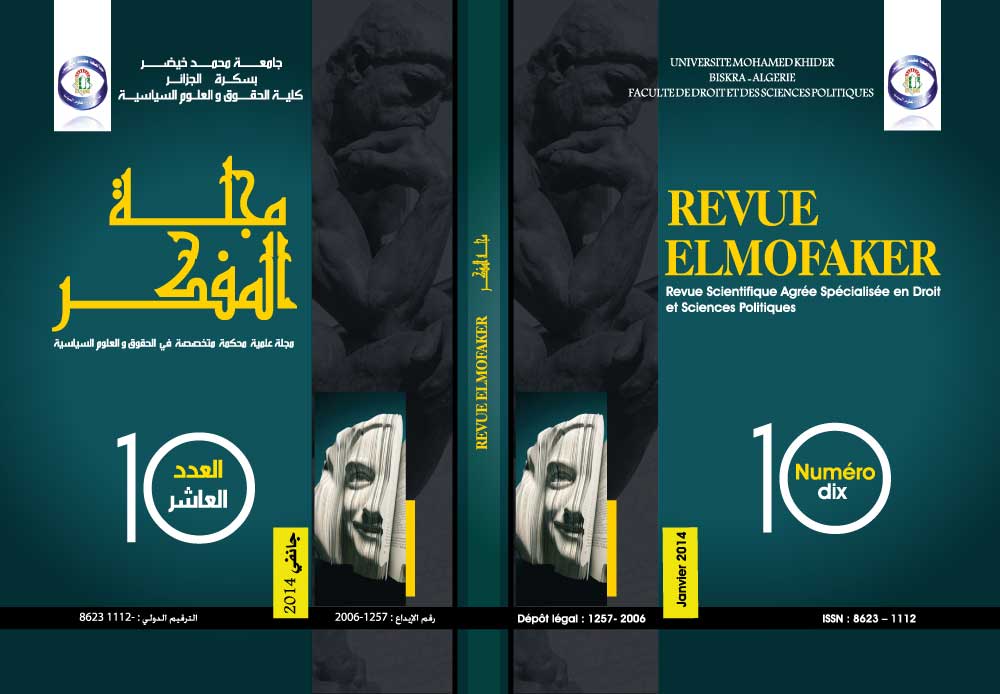الانعكاسات السلبية للعمالة الأجنبية على دول مجلس التعاون الخليجي والسياسات المتبعة للحد منها
Résumé
The main objective of the migration to the Gulf Cooperation Council (GCC) is to work and therefore, most of the policies regulating immigration in these countries focused on the organization and management of entry and residence to work or visit, and are considered foreign workers in the Gulf states as a temporary employment depending on the duration of the work and not allowed to havepermanent residency or nationality, and regulatory policies focused on the management and organization of the entry and flow of these temporary workers, its affiliates, as well as for her stay in the country.
I've taken the Gulf states a set of policies Organization for Migration during the seventies and eighties of the twentieth century, where the owner of this trend increasing migration to countries in the region set of regulatory policies and administrative It should be noted here that the policy, labor migration in the Arab Gulf countries have passed changes essential since the latethe past, but that this phenomenon continues to pose a security threat, politically, economically, socially, culturally and even the Gulf states, which necessitated the following States to establish firm policies toward this phenomenon to reduce the severity and aggravation.


